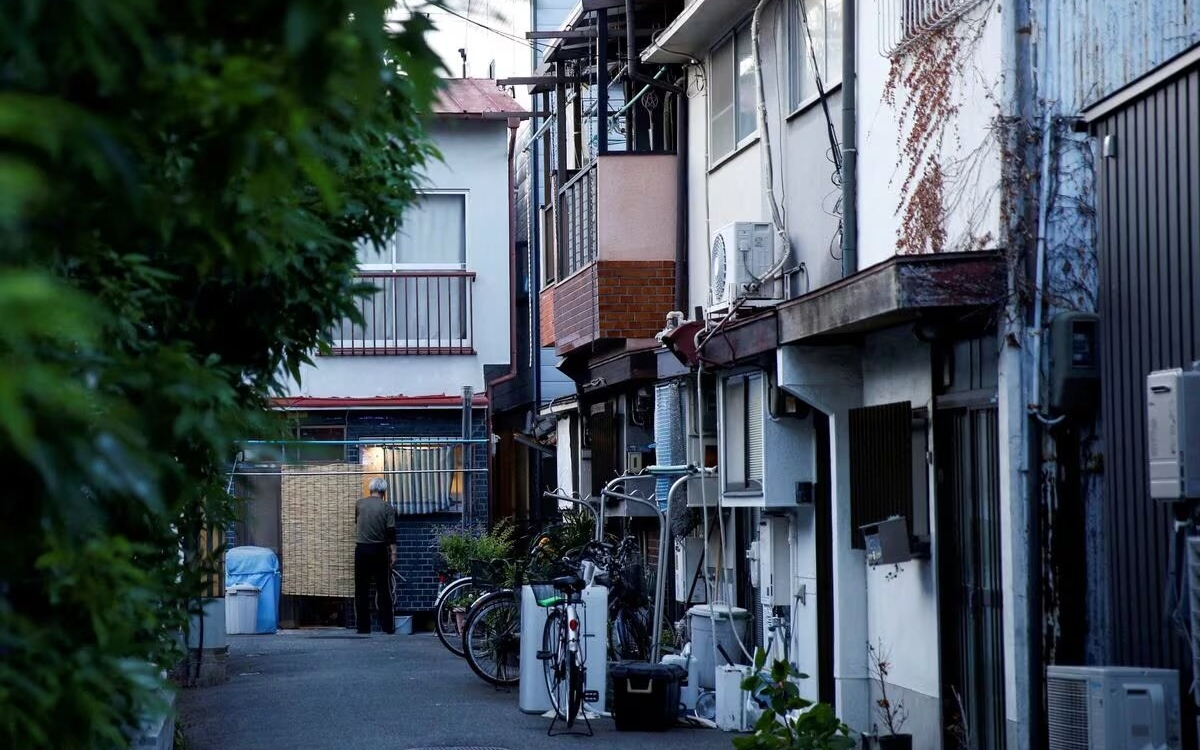Today’s News

Image Source: Reuters
Three major Japanese developers are actively pursuing opportunities to acquire housebuilders in the United States, seeking growth outside their shrinking domestic market.
Daiwa House, Sekisui House, and Sumitomo Forestry are aggressively exploring potential targets, with intentions of possible acquisitions in the U.S. market. Four M&A bankers and lawyers familiar with the matter have confirmed that they have approached several potential targets in the United States.
According to industry insiders, these Japanese companies have varying market capitalizations, ranging from JPY 770 billion to JPY 2.7 trillion (equivalent to USD 5.3 billion to USD 20 billion), these Japanese conglomerates have the potential to target numerous sizable U.S. companies. However, insiders suggest that they might consider starting with smaller acquisitions initially.
“More and more we are seeing U.S. housebuilders being aggressively courted by would-be Japanese buyers,” remarked one banker familiar with the involved companies. Another expressed that the expectation is that at least one deal might materialize before the end of Japan’s financial year in March.
Recent trends indicate a resurgence in U.S. homebuilder stocks, rebounding from most of the losses incurred over the preceding four months, as noted by analysts at BCA Research. Despite higher mortgage rates, U.S. house prices continued an upward trajectory for eight consecutive months till September, attributed by lean housing inventory, sustaining robust demand.
In a recent note to clients, BCA analysts remarked, “To the extent that elevated mortgage rates are dampening existing homeowners’ willingness to sell, they are also reducing the supply of existing homes for sale on the market. At the same time, a shortage of housing is providing a floor beneath construction activity. The latter could limit homebuilders’ pain amid a recession next year.”
Challenges Driving Japanese Expansion Abroad
Facing a declining population and oversupply in their home market, these Japanese conglomerates are inclined to explore opportunities despite the yen’s relatively weaker position, which could make U.S. acquisitions relatively expensive.
Last year, Japan witnessed the birth of fewer than 800,000 babies, resulting in a decline of over 500,000 in the population of 125 million. An estimate from 2018 revealed the presence of 8.5 million vacant houses in Japan, a number projected to surge to 20 million within the upcoming two decades.
U.S. Expansion Strategies
The three conglomerates have existing operations in the United States. Daiwa House initially entered the U.S. market in 1976, constructing 10,000 homes before exiting nine years later. Its return in 2011 led to the establishment of a subsidiary based in California.
Sekisui House, having built a total of 2.6 million homes, only a fraction—less than 40,000—were constructed outside Japan. The company operates in various countries including China, Singapore, Australia, and the U.K. Sekisui House ventured into the U.S. market in 2017.
Sumitomo Forestry has progressively expanded its presence in the U.S., becoming the ninth largest homebuilder in terms of annual completions over the past two decades. The company achieved this growth by acquiring equity in local partner companies and subsequently integrating them as subsidiaries within its business structure.
“Demands for housing in the U.S. will continue to be strong; therefore, in addition to the organic growth of our existing affiliates, we will consider acquisitions in the future if we can find a partner that offers good terms and shares our philosophy, while carefully monitoring market trends and the timing,” emphasized Sumitomo Forestry.
Daiwa’s stance was clear: “We will continue to consider M&A in the U.S. if we have the opportunity, and we are considering various projects.”
Sekisui acknowledged its pursuit of acquisitions in the U.S. but clarified that no deal was at an advanced stage at present.
Other News
Bitcoin Tops USD 40,000 on Rising Momentum
Bitcoin soared past USD 40,000, driven by optimism around U.S. interest rate cuts and impending approval of U.S. stockmarket traded bitcoin funds, marking a significant surge in its value this year.
Asia Shares Rise Amid Rate Cut Expectations
Asian shares began the week positively amidst anticipation of major central bank rate cuts, while economic data awaited scrutiny. Meanwhile, market optimism prevailed as Bitcoin surged past USD 40,000.
British Lawmakers Cautious on Digital Pound
U.K. lawmakers advise against early availability of a digital pound in large sums, citing bank run risks, while emphasizing privacy safeguards and the need for evidence of economic benefits before adoption.



